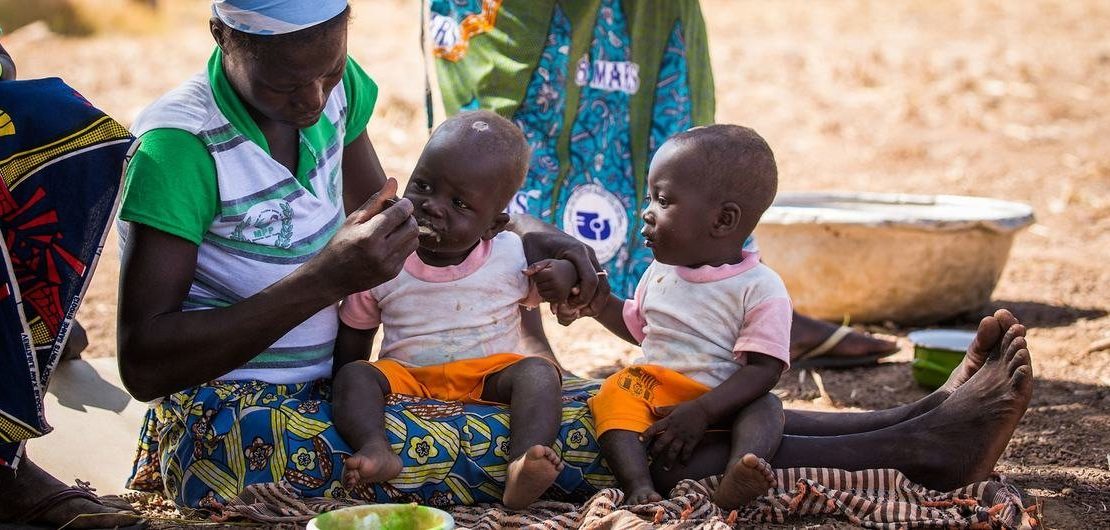- February 22, 2022
- Posted by: humanitarianweb
- Category: Humanitarian News

Without urgent action, 35 million people in Burkina Faso, Chad, Mali, Mauritania, and Niger will have virtually no food to eat during the next lean season, according to Sahel: Averting Another Historic Food Crisis, a new report from Action Against Hunger. The lean season in the Sahel region occurs annually between harvests in June, July, and August.
The report, which is based on direct evidence gathered by Action Against Hunger, concludes that the three primary drivers of this hunger crisis are prolonged conflict, climate change, and COVID-19:
- Conflict in the Sahel has displaced more than nine million people, destroyed livelihoods, and disrupted local economic systems.
- Movement restrictions to stop the spread of COVID-19 have prevented hundreds of thousands of herders from moving their livestock to find water and pasture.
- The climate crisis continues to exacerbate extreme weather events that impact access to food, such as droughts, biomass degradation, and flooding.
The looming food crisis could be the biggest of the last decade in the Sahel: it already threatens 27 million people and, if no action is taken, this number could grow to 35 million people. It is the third consecutive year crisis in the region, which impacted 21 million people in 2021 and 15 million in 2020.
“Since last November, our early warning systems, through data including pasture degradation, livestock mortality, increases in prices for certain staple foods, and increases in the number of malnourished children in health centers, have been sounding the alarm and telling us that something was very wrong,” explains Manuel Sánchez Montero, Action Against Hunger’s director of advocacy and institutional relations.
“We are facing a crisis that requires a rapid and concerted response from affected countries and the international community. We need to act, not only to address the crisis now, but also to try to lay the groundwork so that it does not continue in the years to come. If we do not act decisively and quickly, hunger will strike with the same fury as in the worst crises of 2012 or 1984,” continues Montero.
The European Union – African Union Summit on February 17-18, will focus on governments’ implementation of public policies, good governance, and security. It has drawn criticism from African and European civil societies for leaving little space for their real participation in decision-making.
“It is essential to exempt a country like Mali from the sanctions imposed by ECOWAS (Economic Community of West African States) on goods, economic transactions, and the movement of people dedicated to humanitarian response, as well as to the maintenance of essential basic services such as health,” says Montero.
“Action Against Hunger calls on the states participating in the Euro-African summit to not only increase the resources allocated to food security and essential goods for people in this region, but to advance this response now. If they don’t, in a few months, millions more people will face a severe and life-threatening food crisis,” concludes Montero.
Comments are closed.
